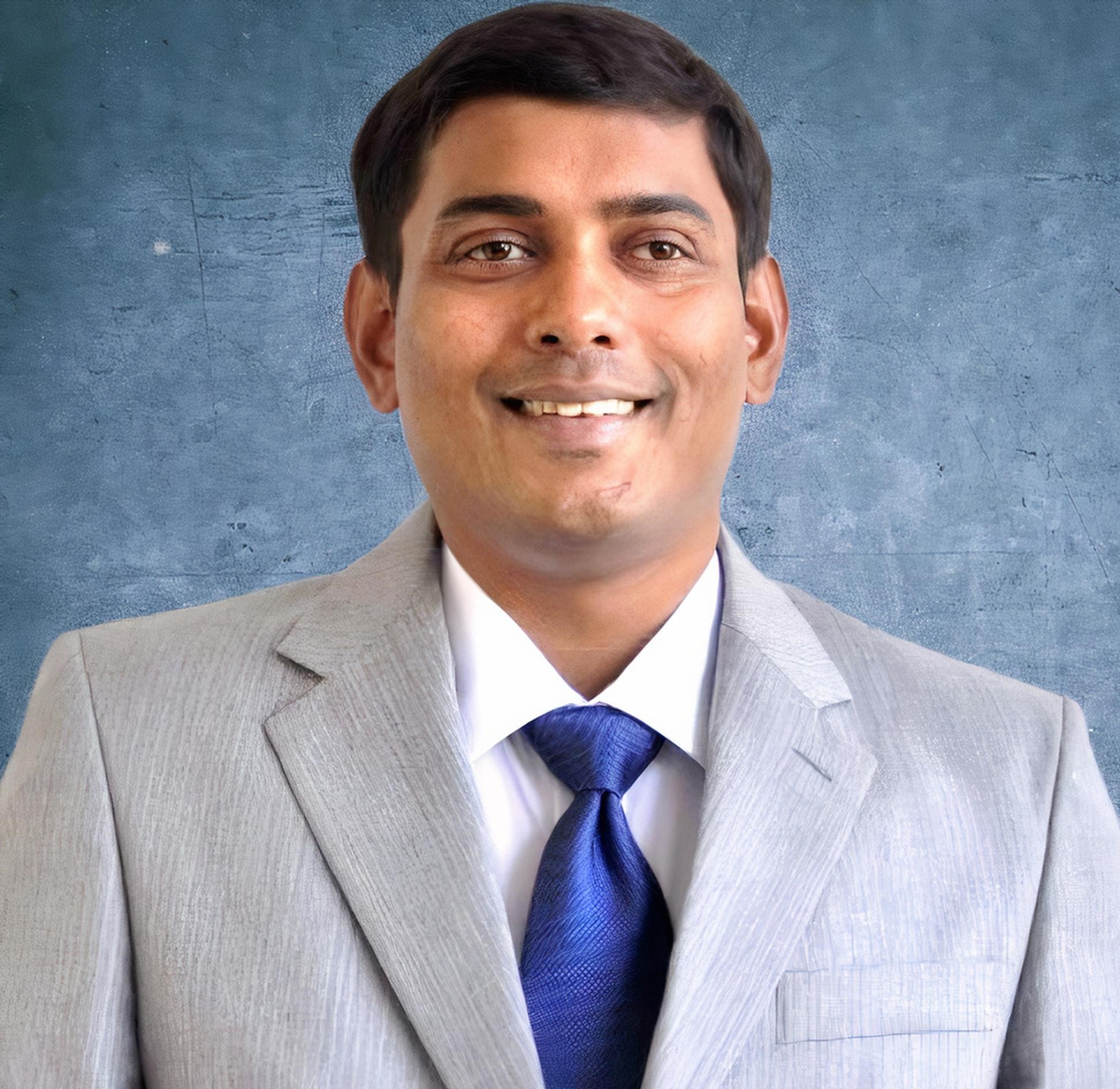
Manabendra Saharia
New Delhi, Delhi| Grant Category: | Fulbright-Kalam Fellowship for Academic and Professional Excellence (Research) |
| Project Title: | Development of an India Water Model (IWM) with a reservoir operation scheme to assess the impact of climate variability and human activity on water availability |
| Field of Study: | Climate |
| Home Institution: | Indian Institute of Technology (IIT) Delhi, Washington, DC |
| Host Institution: | NASA Goddard Space Flight Center |
| Grant Start Month: | April,2025 |
| Duration of Grant: | Four months |
Brief Bio:
Dr. Manabendra Saharia is an assistant professor in the Department of Civil Engineering, at the Indian Institute of Technology (IIT) Delhi. He obtained his PhD in water resources engineering from the University of Oklahoma.
Dr. Saharia has received young scientist awards from the National Academy of Sciences, India (NASI) and the International Society for Energy, Environment and Sustainability (ISEES). Before joining IIT Delhi, Dr. Saharia worked in the hydrology labs of the NASA Goddard Space Flight Center and the National Center for Atmospheric Research. His primary expertise is in developing techniques and systems for monitoring and mitigating natural hazards such as floods and landslides, with a special focus on the worst-affected regions of the world. His research seeks to disentangle the complex relationships between geomorphology, climate, precipitation, and runoff generation using physics-based and data-driven models.
During his Fulbright-Kalam Climate Fellowship for Academic and Professional Excellence, Dr. Saharia is studying how one can incorporate reservoir models into land data assimilation systems for better assessment of climate change impacts. This includes incorporation or satellite and ground-based observations of reservoir water levels using a multi-source reservoir operation scheme. The goal is to quantify the impact of reservoirs on water storage, floods, and droughts, and also, to assess how reservoirs are responding to ongoing climate change and what measures would be required in the future